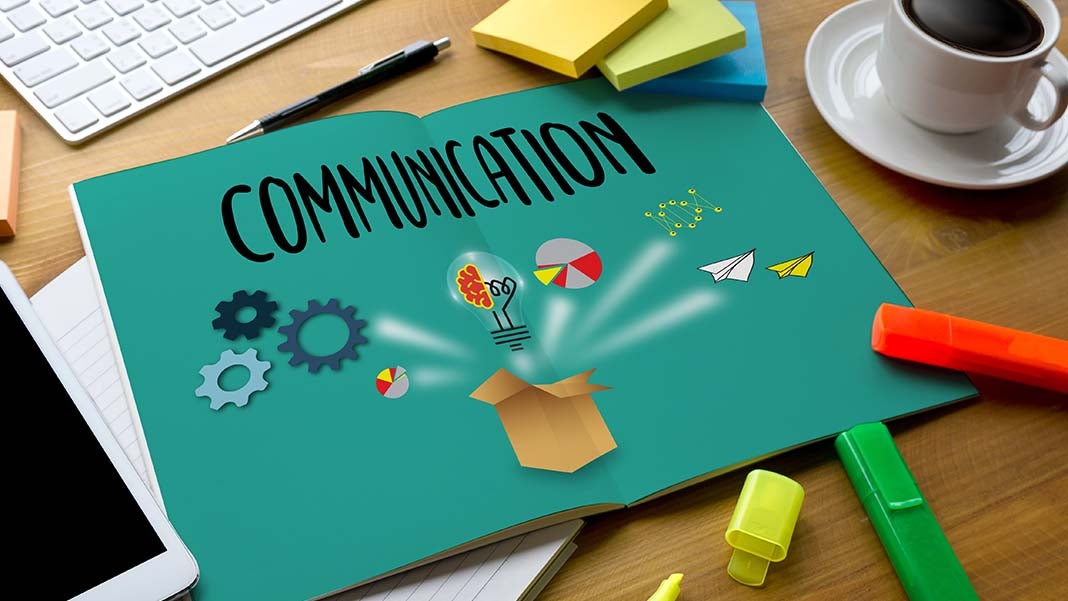
Imagine sitting in your dentist’s chair, the sharp end of a blade hovering just above your face, mere inches away from making contact. At that moment you hear the dentist utter the following five words: “There will be some tethering.”
The patient — wondering as to any potential relationship between said sharp instrument and his mouth — nervously asks what he means by “tethering.” The dentist is curt, impatient, and both his words and mannerisms hardly reassuring. (“Tethering, tethering!”) Well, that explains it. Thank you.
This turns out to cause an effect that will make it very difficult from this time on for the patient to smile — whether spontaneously or on cue — without it looking like a sneer.
For most of us, this would simply be annoying. For a professional actor it could be disastrous.
This is what happened many years ago to seven-time Emmy-winning actor, writer, and director Alan Alda, and it became the catalyst for his deep scientific search to better understand the process of effective communication.
In his new book, If I Understood You, Would I Have This Look on My Face? — My Adventures in the Art and Science of Relating and Communicating, Mr. Alda demonstrates not only that this study and research worked for him, but also how much it has benefitted countless others, including many whom we simply do not think of as great communicators … such as scientists.
Yes, scientists, those men and women who must be able to communicate to the rest of us non-scientists the significance of some of the most important aspects of our universe.*
Mr. Alda, who helped found the Alan Alda Center for Communicating Science at Stony Brook University in New York, writes, “The key, the fundamental ingredient without which real communication can’t happen [is] developing empathy and learning to recognize what the other person is thinking…In acting we call it relating.”… [and] “relating is everything.”
Wait a minute. Did that passage really equate empathy with “recognizing what the other person is thinking”? Isn’t that like reading someone’s mind? But I often say that because we all operate from different belief systems, we can’t really know what the other person is thinking, thus, we can’t read minds. Right?
Or am I wrong? Read the book and find out. You might just have your belief system expanded!
Oh, and just in case you can’t read my mind…I highly recommend reading this book. It’s a Masters Degree in Communication.
—–
*Would probably also help tethering-oriented dentists to more effectively communicate with their patients.












